Jasmine Birtles
Your money-making expert. Financial journalist, TV and radio personality.

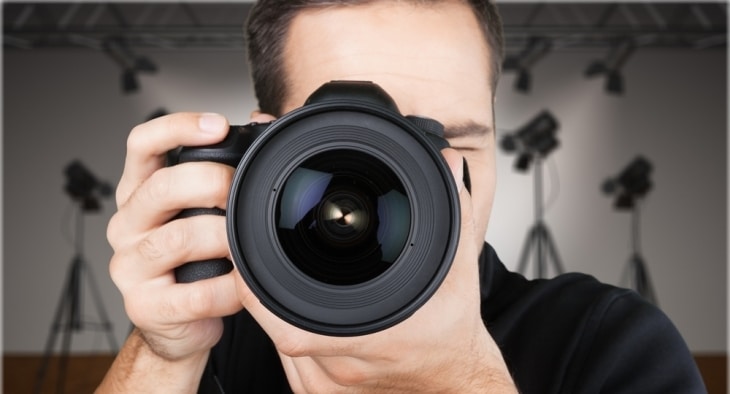
Would you like to sell your photos online and make some handy extra cash?
You don’t have to be a professional to do it nowadays.
Have you ever taken a photograph, uploaded it to a social networking site, and been surprised by just how many people comment on it? If so, it’s likely you could make a bit of cash if by selling your photos online.
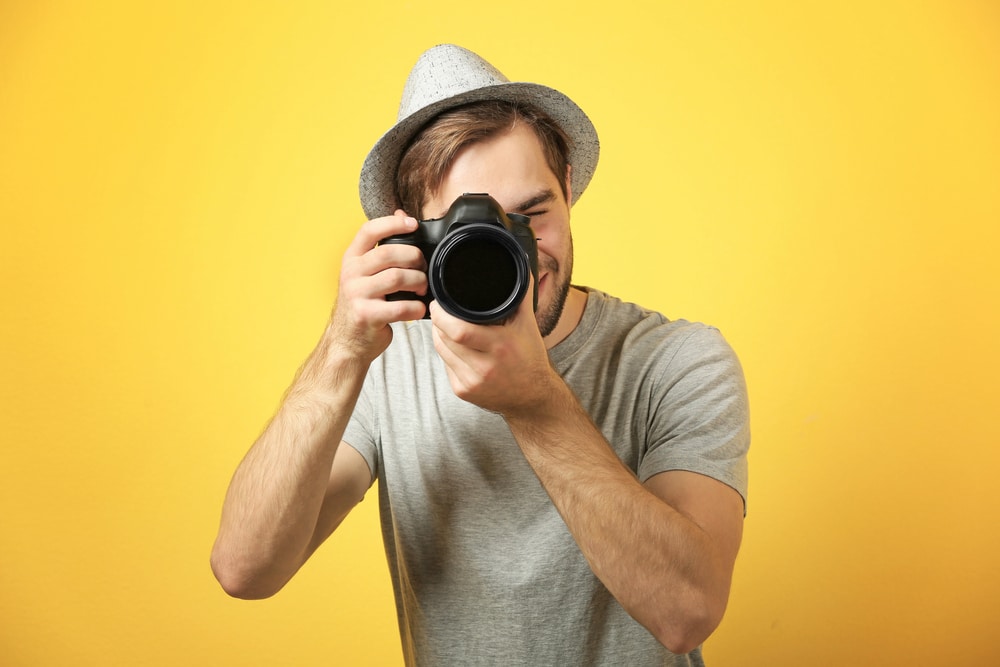
Although photography was once considered a rather expensive and complicated hobby, modern technology has created many a budding Herb Ritts or Mario Testino.
Yes, there are a lot of amateur photographers about, but the demand for digital images is also increasing. Every day, new photographs are needed for company websites, public sector newsletters, corporate presentations and thousands of other uses.
This means if you have a camera and an eye for a good image you can sell your photos for good money.
Selling your photos is not hard to do. There are buyers all around the world, so sell your photos online and you can make money while you sleep!
This isn’t child’s play, but if you’re a fast learner you can get up and running quickly. If you can capture an image that is well-constructed, well-lit and properly focused, we’ll show you how to set up a passive stream of income.

There are lots of online agencies. Some popular sites include
When you register your details, the site will usually ask you to send between five to ten photos so it can test the quality and type of photos you send them. If your photos don’t conform to the site’s requirements, they will be rejected.
If this happens, don’t worry – just try again, taking their comments into consideration. Sometimes it may just be because they already have too many of the sort of photo you’re sending.

Once you’ve received the go ahead from the agency you can upload batches of pictures. Each photo is manually checked by the agency in question, so if you want your pictures to go on sale quickly, send them in batches of 5 or 10.
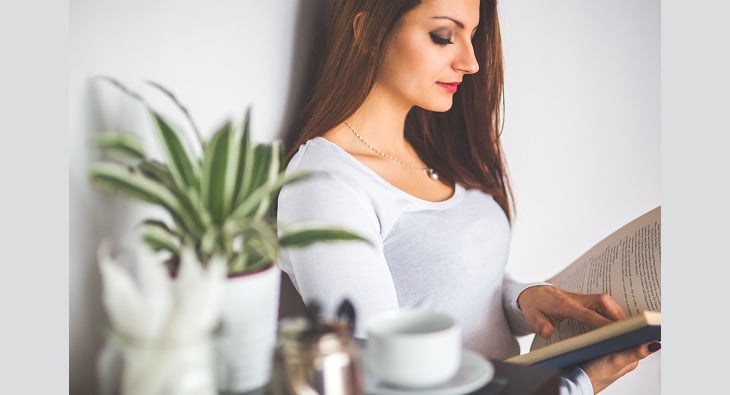
After your pictures have been checked and cleared you’ll be notified when they go live on the website, usually after about 24 hours.
Then there’s nothing to do after that except wait until people buy your photos. Once your account reaches a certain limit you can get your hands on the cash. The usual method of payment is by cheque or PayPal. You can drive people to your photos faster by building a social media following and posting them there – but make sure you keep the watermark on them to avoid people stealing your pics!
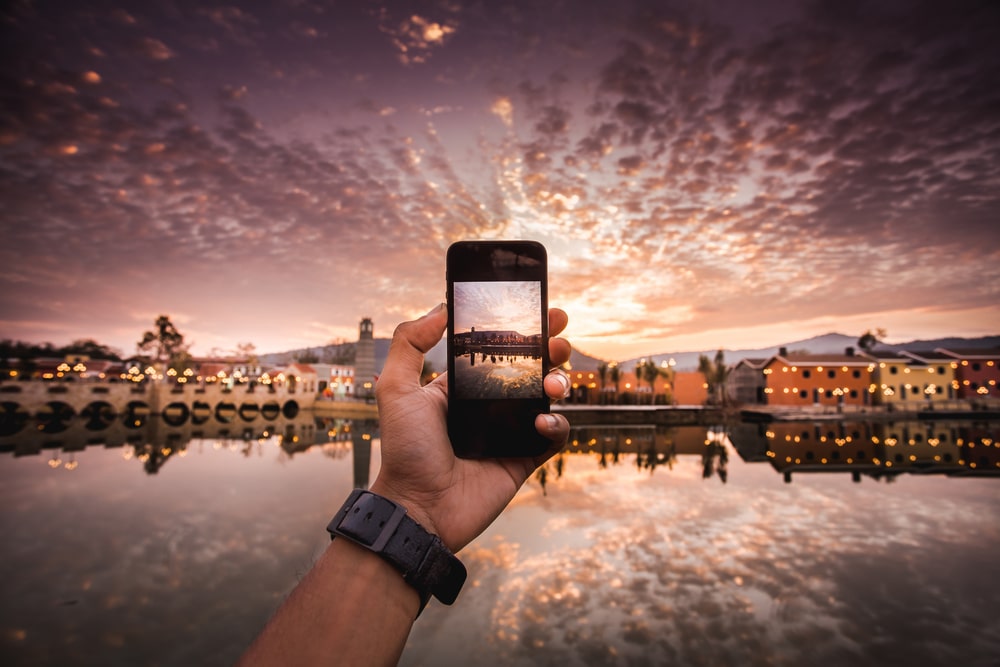
It can be tempting to take pictures of things that are pretty or cute – a great sunset, a bluebell wood, or an adorable shot of your cat peeking out of a plant pot. These types of pictures are in a very competitive market, however.
Stock libraries want a wide range of pictures, covering many different subjects, ideas, concepts, cultures and issues.
When a buyer types a search term – no matter how obscure – into their site, they want to find an image to match their needs.
Think about the types of photographs you see in the news.
These descriptive images are the real money spinners. Think about what you see in corporate communications, branding, even advertisements – these are the types of images that will do well, especially if you can take several variations of the same products or actions. If you’re using people, make sure they sign waivers to allow you to sell their image, and try to be as diverse as possible with your casting.

We’ve all taken dud photographs. Maybe it’s a family portrait in which Aunt Molly has been accidentally decapitated. Or a group shot, with an unknown stranger throwing crazy dance moves in the background. Perhaps overuse of the flash has left your subjects looking like Casper the Friendly Ghost.
If you’re using a digital camera, a bad shot is not the end of the world. But there are a few rules of thumb that you can follow to improve picture quality.
While it can be tempting to want to learn how to do all kinds of fancy photo editing stuff with Photoshop or other software, remember that your photo is going to form the base of someone else’s work. That means they usually don’t want things that have lots of digital alterations already – so keep things simple, and only use editing software to enhance your image (such as correcting a slight colour issue, or removing a person from a background that shouldn’t be there).
There are hundreds of websites offering tips on digital photography. But remember, rules are made to be broken!
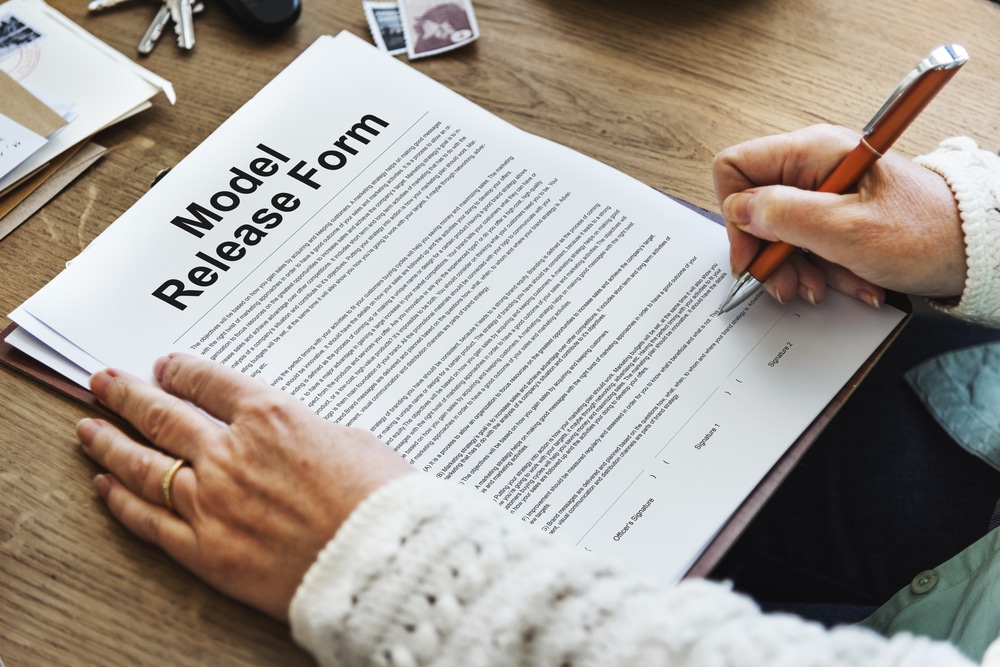
It is quite possible that you could sell an image through an online agency for £3, and discover it is on the front page of a book being sold around the world. If you are concerned about this look for a site that allows you to sell ‘rights managed’ images, and to apply restrictions to the sale of your photographs. It’s a complicated topic, but Alamy explains the different structures well.
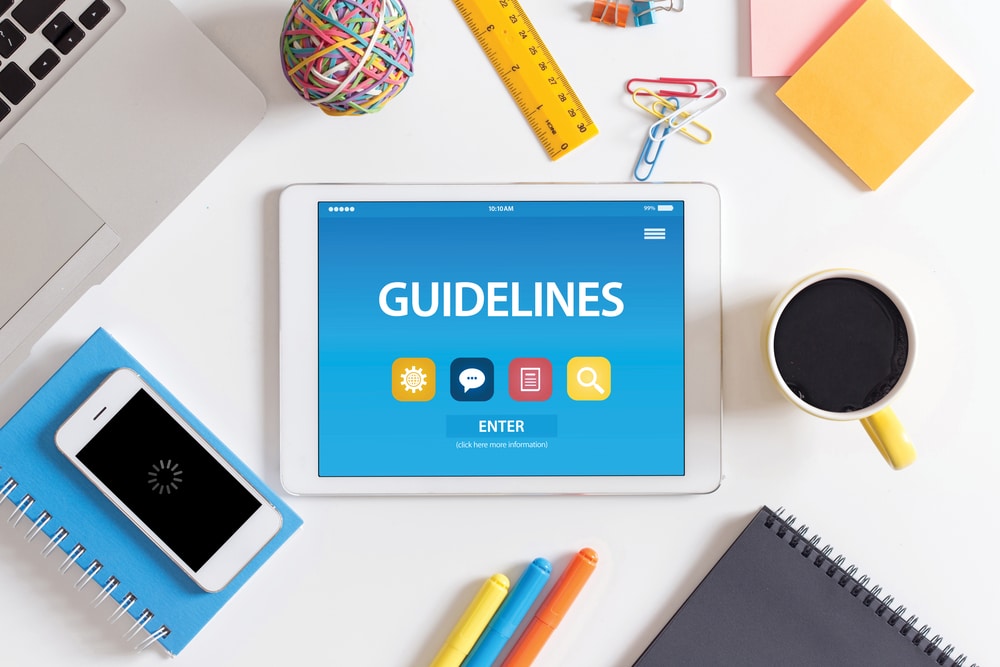
Most of the stock sites specify that if you want to submit a photo to sell, it has to be a high quality (low compression) JPEG.
The higher the image resolution, the more you’ll be paid. Image resolutions are grouped into web resolution (below 1200 by 1000 pixels, this will fit straight onto a web page), medium resolution and high resolution. The high resolution shots will normally take a few minutes to download.

The price you earn depends on the resolution of your photographs, as higher quality images are more expensive.
The types of photo-selling websites can be divided into microstock (high volumes of photos, low prices paid per photo) and macrostock (vice versa). There have been suggestions that microstock sites devalue photography, but on the other hand, selling a photo for just a few pounds can give a beginner a confidence boost.
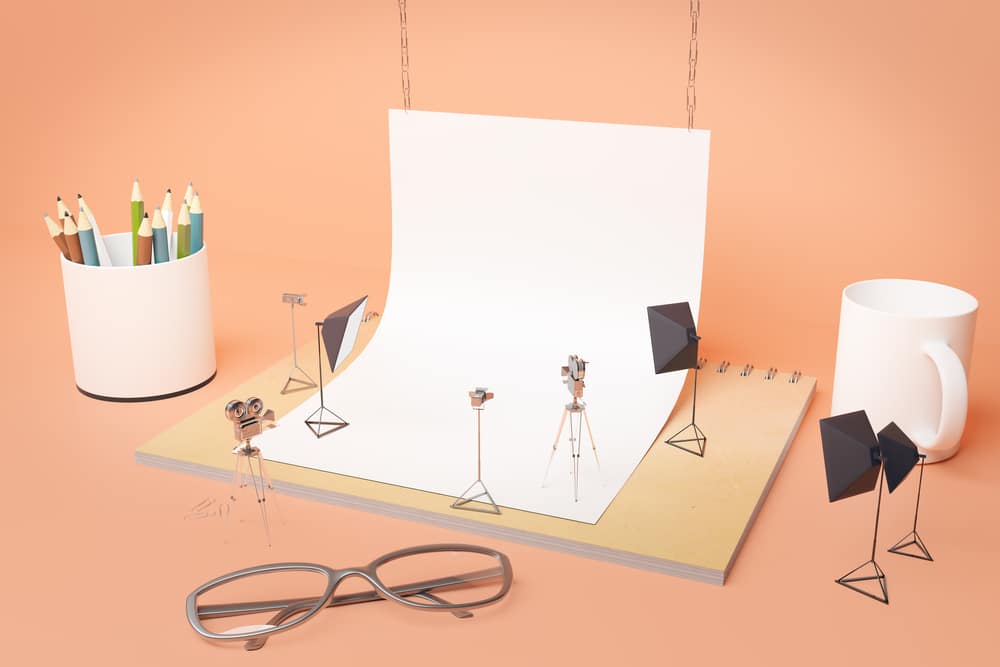
To make money on these sites, you’ll need to aim for volume sales.
The royalty structure on iStockphoto is 15%, but you could make up to 45% for exclusive pictures when your ranking is high. This being said, its rates of pay are very low and depend on the buyers, so you may not get anything for web resolution photos. This site is probably only good to look at when you can sell high resolution photos of very good quality.

Alamy supplies a high-end market of editorial, advertising and publishing companies, so it’s safe to say anything you submit has to be high quality that follows their submission guidelines strictly. If you do, you have the potential to earn 65% commission. Their prices begin with £35 for a web resolution royalty-free photo, and up to £230 for the highest resolution royalty-free picture. Exclusive pictures command a slightly higher selling price.

If you witness a potential news story or have an interesting celebrity encounter, get a snap of it and you could make serious money by selling your photo to an agency.
Agencies will sell your photos on to major newspapers and magazines in exchange for commission.
They will pass images on to the Daily Mail, The Sun, The Daily Telegraph, Heat and the Daily Mirror to name a few. Most agencies accept images in all formats, including those taken on a mobile phone.
The clearer your image is, the better it’ll sell, but if yours is the only photo available, quality won’t be as much of an issue.
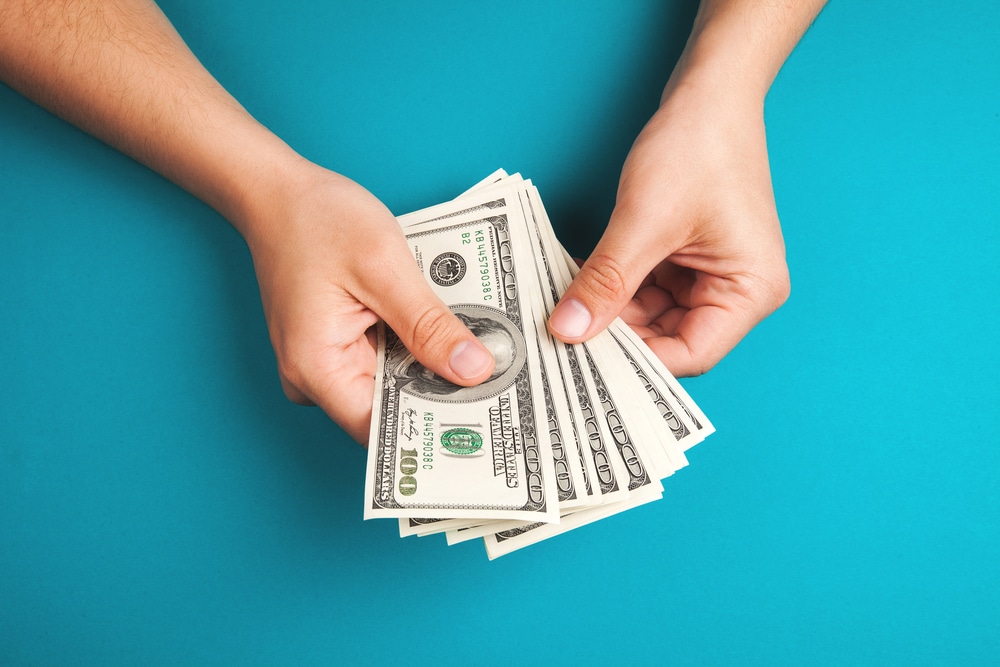
How much you can earn depends on what the photo depicts. If it’s a huge, unexpected occurrence which will become global news, you stand to make hundreds if not thousands.
Likewise a celebrity snap – if you manage to capture someone famous in an embarrassing or unusual situation, there’s potential for you to make serious cash.
However, a photo of a Z-list personality walking down the street won’t be anywhere near as valuable. Nevertheless, every little helps develop your portfolio online and nab that extra bit of cash.
Get snapping!
Got any picture-perfect money spinners? Tell us about it in the comments below.

Hi Tim,
Please see the link below:
Canon EOS 5D Mark IV (I really want this one): Sensor: Full-frame CMOS | Megapixels: 30.4MP | Autofocus: 61-point AF, 41 cross-type | Screen type: 3.2-inch touchscreen, 1,620,000 dots | Maximum continuous shooting speed: 7fps | Movies: 4K | User level: Expert
Thank you very much , all I want to know is the best camera I can buy to start this business of Selling my Photos online . I m talent graphic designer , Good photography and video editing as well ! I like to capture nature as well
Muzi khumalo from South Africa
Thank you!
Good question – any photographers out there who can answer this?
I’ll ask some myself and get back to you 🙂
Loved this article….Nice ideas of marketing your own photography and making your own value.
Very informative, thank you 🙂 I made this list of the microstock sites i use for selling my pictures. polarpx
i have photos from slum life but a dont know to start please help
Hey, you can check out this top 7 Agencies list from MediaMaker.Tips website:
No matter what you are shooting – but how you do it – matters.
Please feel free to contact me for any question regarding microstocks
i have photos from slum life but a dont know how to start,please help
Wanted to try..
Great info..
Hi…I was browsing for ways to make money from home and your blog page just popped out. I must say, that you are a good writer. Now, I know what to do. Freelancing is the best way to work as well as spend time with my family. I am happy to know that I can earn from it too! Can you send me some links of sites that have a job for people like me? I am a good graphics designer and can design almost anything. I have already browsed through sites like zopgraphics.com, gicree.com and many more. They all… Read more »
If you are selling photos through an online agency, would this mean that you need to declare any earnings to the HMRC?
I wouldn’t expect to be earning very much to begin with, and will not be operating a business, I will only be submitting my photos to an online agency, and not through a website of my own.
This is something I haven’t been able to find a clear answer on anywhere.
Thanks.